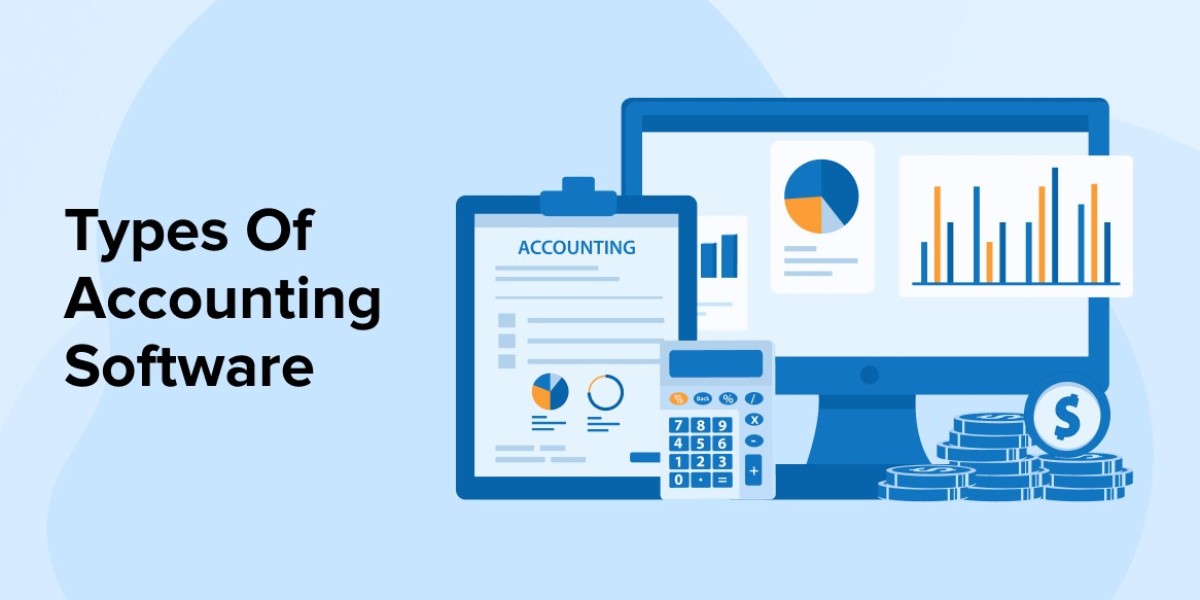What is HR Software?
HR software, also known as Human Resource Management System (HRMS) or Human Capital Management (HCM) software, is a digital tool designed to manage an organization’s workforce. Its primary purpose is to simplify HR processes, enhance productivity, and improve employee experience.
Modern HR software covers a wide range of functions:
- Payroll Management: Automates salary calculation, tax deductions, and bonuses.
- Recruitment and Onboarding: Streamlines hiring processes and employee onboarding.
- Performance Management: Tracks employee performance, goals, and appraisals.
- Attendance and Leave Tracking: Monitors attendance, vacations, and sick leaves.
- Employee Self-Service: Allows staff to update personal details, request leave, and access payslips.
Why HR Software is Essential for Businesses in 2026
Efficiency and Time-Saving:
Manual HR processes are time-consuming and prone to errors. HR software automates repetitive tasks such as payroll calculation, attendance tracking, and report generation, saving valuable time.
Data Accuracy and Compliance:
HR software reduces errors in payroll, taxation, and employee records. Most solutions are updated to comply with local labor laws and tax regulations, ensuring businesses remain compliant.
Enhanced Employee Experience:
Employee self-service portals improve transparency and engagement. Employees can access payslips, apply for leave, and track performance without constant HR intervention.
Data-Driven Decision Making:
HR analytics provides insights into employee performance, retention, and productivity. Organizations can make informed decisions on promotions, training, and workforce planning.
Scalability:
Whether a startup or an enterprise, HR software scales with your business. Cloud-based solutions allow remote access, making them ideal for a hybrid workforce.
Key Features of HR Software
To choose the best HR software, it’s important to understand its core features:
Recruitment Management:
Automated applicant tracking systems (ATS) simplify hiring by screening resumes, scheduling interviews, and maintaining candidate databases.
Payroll Automation:
Payroll software calculates salaries, deductions, bonuses, and taxes automatically, ensuring timely and accurate payouts.
Employee Database Management:
A centralized system stores all employee data, including personal details, job history, and performance metrics.
Time & Attendance Tracking:
HR software integrates with biometric systems and attendance apps to track work hours, leaves, and overtime efficiently.
Performance & Appraisal Management:
Set KPIs, monitor performance, and generate appraisal reports to encourage employee growth and recognition.
Learning & Development:
Some HR systems offer training modules and development programs to enhance employee skills.
Compliance & Reporting:
Generate statutory reports and maintain records in accordance with labor laws and regulations, reducing the risk of penalties.
Employee Self-Service Portal:
Empowers employees to manage personal information, submit requests, and access company policies online.
Benefits of Implementing HR Software
- Improved Productivity: Automation reduces repetitive tasks, allowing HR teams to focus on strategy.
- Cost Efficiency: Minimizes errors, reduces paperwork, and lowers administrative costs.
- Better Decision Making: Advanced analytics provide actionable insights.
- Employee Satisfaction: Quick access to information and self-service features boost morale.
- Security and Data Privacy: HR software secures sensitive employee data with encryption and access controls.
Top HR Software Trends in 2026
AI-Powered Recruitment: AI algorithms help screen candidates and predict cultural fit.
Cloud-Based Platforms: Remote access ensures HR processes continue seamlessly anywhere.
Mobile HR Apps: Employees can manage HR tasks on-the-go using smartphones.
Integrated Payroll & Finance: HR and accounting systems integrate for smoother financial workflows.
Focus on Employee Experience: Solutions now include wellness programs, feedback systems, and engagement tools.
How to Choose the Right HR Software
When selecting HR software, consider the following factors:
- Business Size and Needs: Small businesses may prefer simpler solutions, while large enterprises require comprehensive features.
- Ease of Use: The software should be user-friendly for both HR teams and employees.
- Customization Options: The ability to tailor modules according to your organization’s processes.
- Integration Capabilities: Ensure it integrates with payroll, accounting, and other existing systems.
- Cost and ROI: Compare pricing plans and the potential return on investment.
- Customer Support: Reliable support is crucial for smooth implementation and troubleshooting.
Common Challenges and How HR Software Solves Them
Manual Errors: Automated calculations and centralized records reduce mistakes.
Time-Consuming Processes: Workflow automation saves hours of administrative work.
Compliance Issues: Regular software updates ensure adherence to labor laws.
Employee Dissatisfaction: Self-service portals empower employees and improve transparency.
Data Security Risks: Secure cloud storage and role-based access protect sensitive information.
Frequently Asked Questions (FAQs)
Q1: What is the difference between HR software and payroll software?
A: HR software is an all-in-one system managing recruitment, performance, attendance, and payroll, while payroll software focuses specifically on salary management, taxes, and deductions.
Q2: Can HR software be used by small businesses?
A: Yes, many cloud-based HR software solutions are scalable and cost-effective for small and medium-sized businesses.
Q3: How does HR software improve employee engagement?
A: Features like self-service portals, feedback systems, and performance tracking empower employees and foster transparency.
Q4: Is HR software secure?
A: Reputable HR software uses encryption, secure servers, and access controls to protect sensitive employee data.
Q5: Can HR software integrate with other business tools?
A: Yes, modern HR software often integrates with accounting, CRM, and project management tools for seamless workflows.
Q6: How much does HR software cost?
A: Costs vary depending on features, number of users, and deployment type (cloud or on-premise). Many providers offer subscription-based pricing for flexibility.
Q7: Does HR software support remote work?
A: Yes, cloud-based HR software allows employees and HR teams to access the system from anywhere, making it ideal for hybrid work environments.







